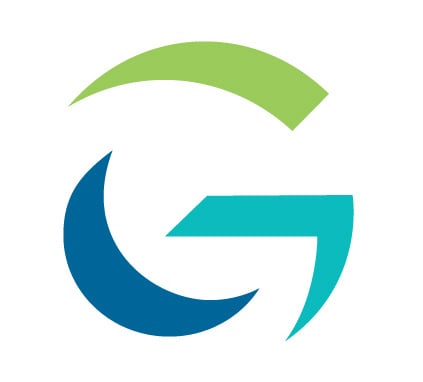Unleashing the Power of RAG: Transforming Industries with Intelligent Q&A – Part 3
This Genus Technologies 4-part blog series explores Retrieval-Augmented Generation (RAG) for Question Answering (Q&A) systems. The first three blogs...
2 min read
 Genus Technologies
:
Aug 28, 2024
Genus Technologies
:
Aug 28, 2024

This Genus Technologies 4-part blog series explores Retrieval-Augmented Generation (RAG) for Question Answering (Q&A) systems. The first three blogs will build foundational knowledge, and the final blog will introduce our RAGQA solution - Natural Language Search for Nuxeo.
In Part 1 of this blog series, we explored the frustrations of traditional CMS search and the growing need for a more intuitive way to navigate content. In this post, we delve into a revolutionary solution: Natural Language Search for Nuxeo, a technology poised to transform your content application's question-answering (Q&A) capabilities.
Imagine a system that doesn't just locate documents but understands your intent and extracts the most relevant information to answer your questions directly. That's the essence of RAG. It seamlessly combines two key functionalities:
So, how exactly does RAG work its magic? Here's a breakdown of the key processes:
Integrating RAG into your content application offers a multitude of advantages:
By leveraging RAG technology, your content application can transform from a document repository into a powerful knowledge management tool. Stay tuned for the next installment in this series, where we'll explore how to implement RAG in your content application and unlock the full potential of your content!
In the next installment, we’ll dive into real-world examples of how RAG technology is transforming industries like healthcare, education, and e-commerce. You’ll discover how RAG enhances user experiences with quicker, more precise answers, leading to greater satisfaction and engagement.
We’ll also explore where RAG is headed, from more personalized interactions to integrating advanced AI features. Stay tuned, as we’ll offer a glimpse of the innovative solution our team is working on that could shape the future of this technology!
Interested in learning more and can’t wait for the next blog?
Read Part 1 - Why Traditional CMS Search Fails and How AI is Changing the Game!
Don't miss the remaining series – Subscribe and get the whole series delivered to your inbox ~ Subscribe to Genus Blogs!

This Genus Technologies 4-part blog series explores Retrieval-Augmented Generation (RAG) for Question Answering (Q&A) systems. The first three blogs...

This Genus Technologies 4-part blog series explores Retrieval-Augmented Generation (RAG) for Question Answering (Q&A) systems. The first three blogs...

This Genus Technologies 4-part blog series explores Retrieval-Augmented Generation (RAG) for Question Answering (Q&A) systems. The first three blogs...